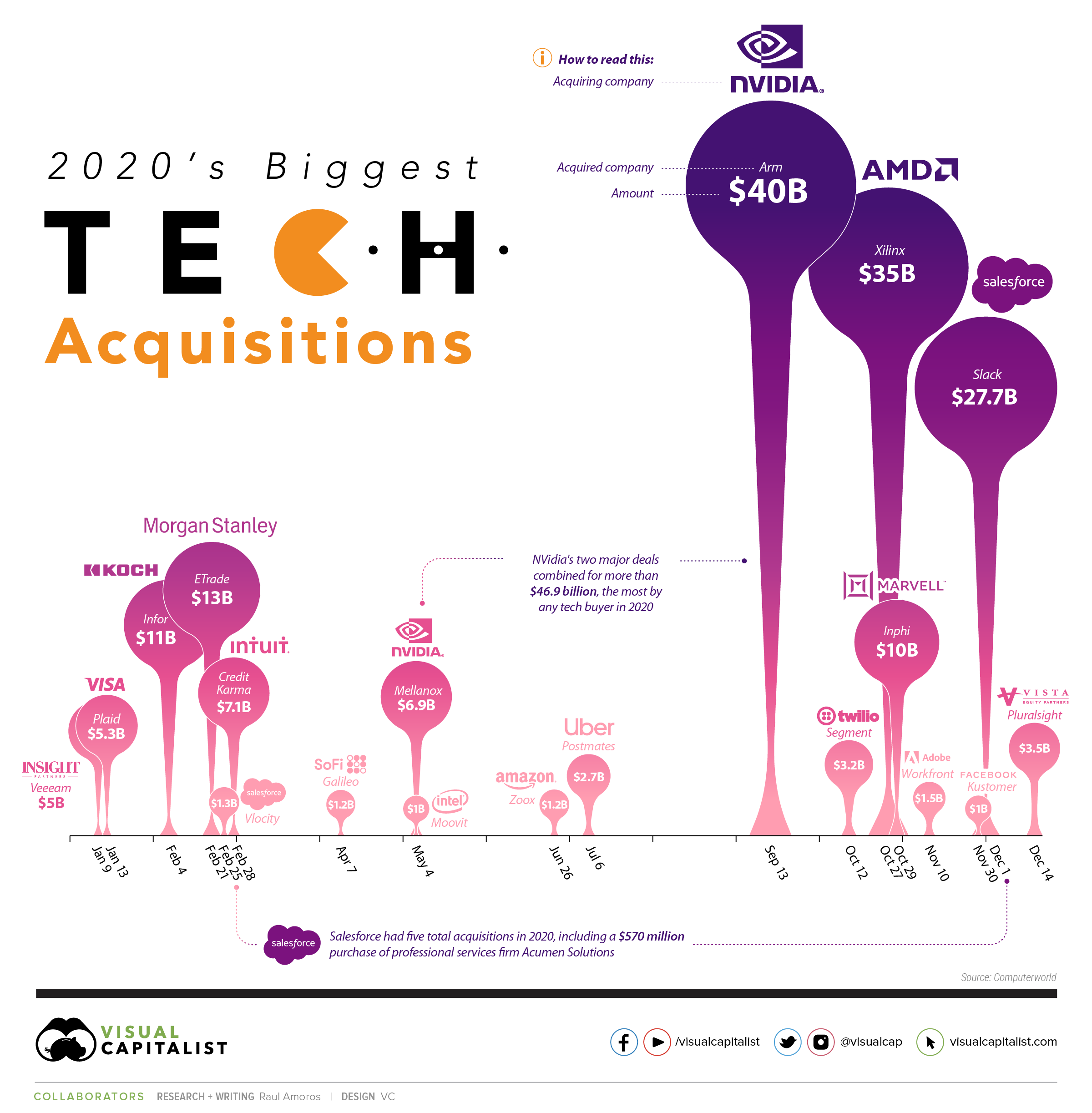- Raspberry Pi Foundation launches $4 microcontroller with custom chip. Meet the Raspberry Pi Pico, a tiny little microcontroller that lets you build hardware projects with some code running on the microcontroller. Even more interesting, the Raspberry Pi Foundation is using its own RP2040 chip, which means that the foundation is now making its own silicon. TechCrunch
- Loon, Google’s Balloon-Based Internet Scheme, Loses Altitude. A Google venture you may never have heard of is the somewhat unfortunately named Loon, an attempt to bring internet access to underserved communities using high altitude balloons. In theory, the idea sounds appealing but it hasn’t worked well in practice. Now, economic realities have taken the air out of Loon’s balloon, causing Google to ground it permanently. CleanTechnica
- If It Looks Like a Bubble and Swims Like a Bubble…This month Elon Musk’s call to use Signal, an alternative to Facebook’s WhatsApp messaging software, led to the unrelated biotech stock Signal Advance (ticker: SIGL) leaping from 60 cents a share to $38.70. It has plunged since but is still at $6.25, bafflingly. WSJ
- An Australia With No Google? The Bitter Fight Behind a Drastic Threat. In a major escalation, Google threatened on Friday to make its search engine unavailable in Australia if the government approved legislation that would force tech companies to pay for journalism shared on their platforms. NYT
- The Unauthorized Story of Andreessen Horowitz. From 2009 through 2015, Andreessen Horowitz earned a run of truly phenomenal press coverage, catapulting itself into the very top echelon of venture capital firms – at least based on its reputation. The media loved that bald headed internet geek and his gruff business guru sidekick. And over cocktails or lunch at the Battery, reporters probed Wennmachers for information, even if she rarely earned a mention in their stories. newcomer.
Last Updated on August 25, 2022 by SK
